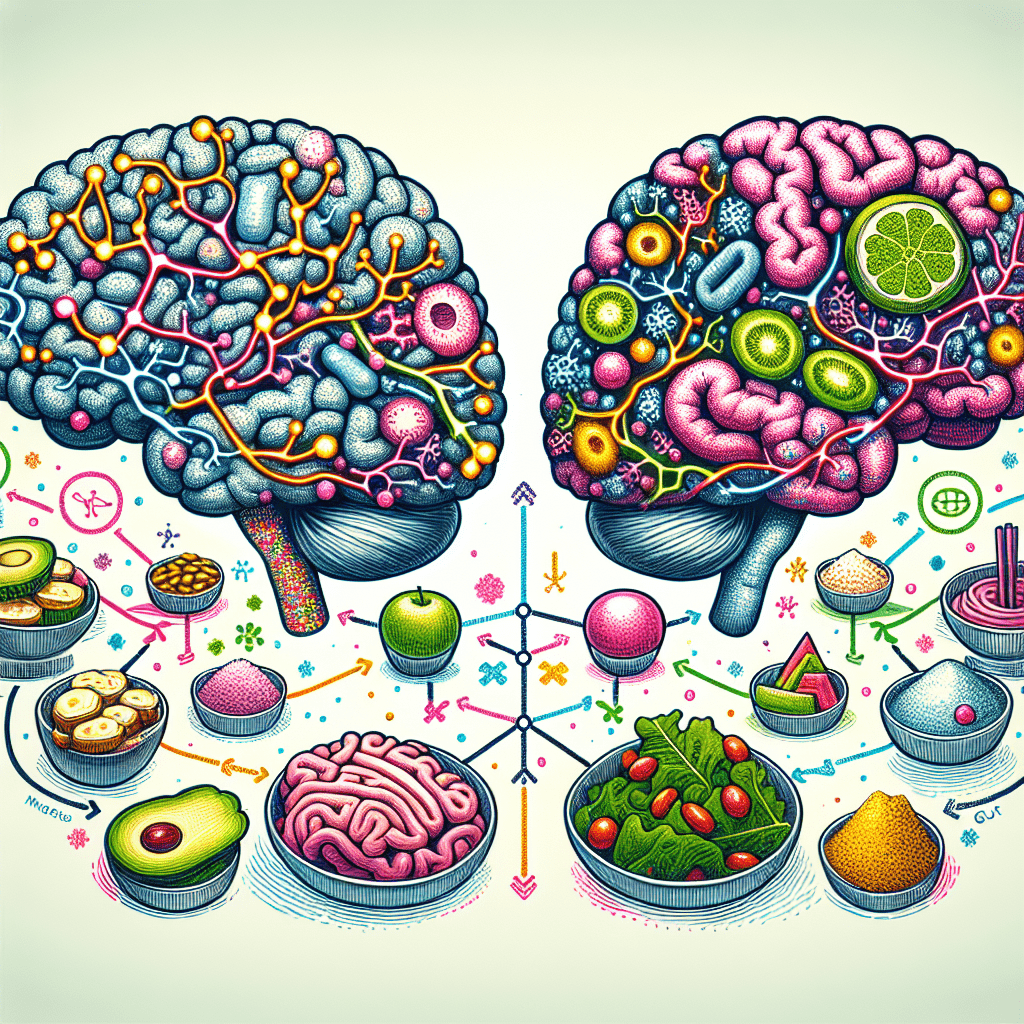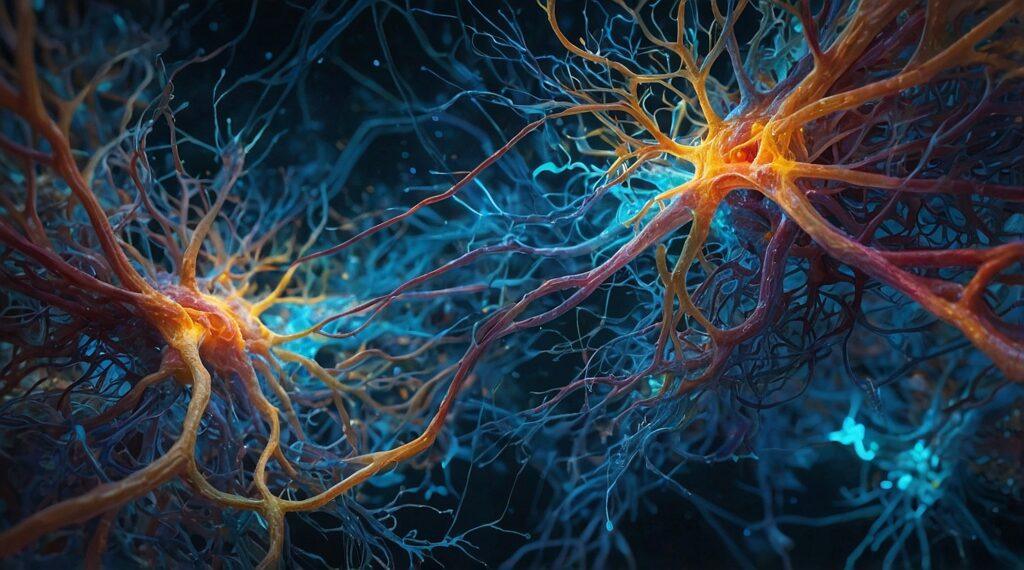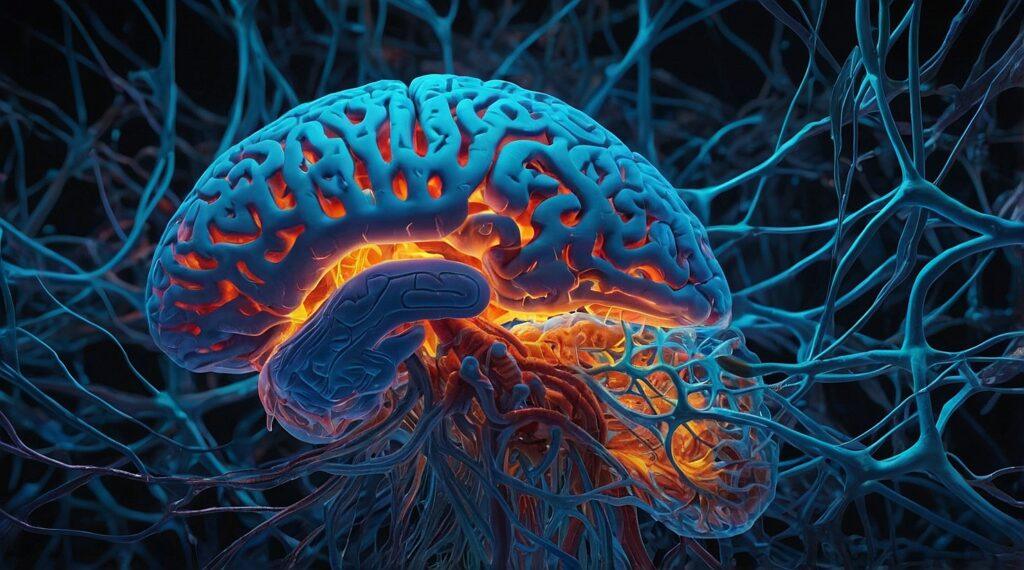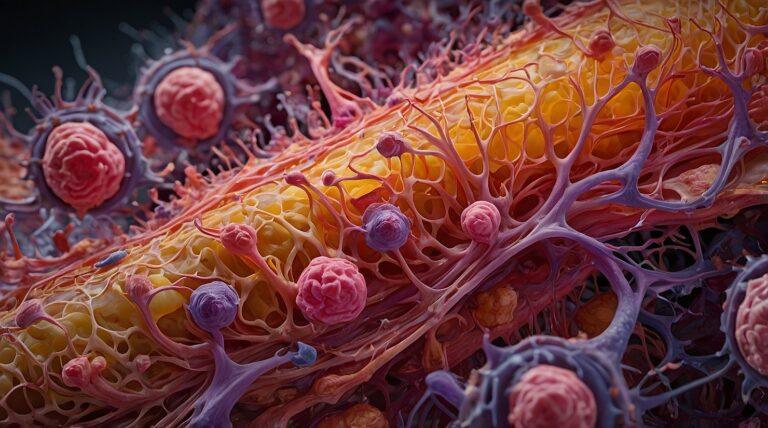How the Ketogenic Diet Transforms Your Gut Microbiome and Enhances Brain Health

The Gut-Brain Axis: How Ketogenic Diets Reshape Your Microbiome and Impact Cognitive Function
Introduction
The gut-brain axis represents the intricate, bidirectional communication network between the gut and the brain, playing a crucial role in maintaining overall health.
Recently, researchers have identified the gut microbiome, or the collection of microorganisms living in the digestive tract, as a major player in this complex system. Its influence extends beyond digestion to neurological functions such as mood regulation, cognition, and stress response.
The ketogenic diet, characterized by its high-fat, low-carbohydrate approach, has gained substantial attention in recent years for its benefits in weight management, neurological conditions, and metabolic health.
However, its influence on gut health and, consequently, brain function is only beginning to be understood. This article explores the interplay between ketogenic diets, the microbiome, and cognitive well-being, spotlighting the transformative potential of this diet.
The Gut-Brain Axis: Overview

Communication Between the Gut and Brain
The gut-brain axis operates as a communication superhighway linking the central nervous system (CNS) with the enteric nervous system (ENS) in the gut.
This bidirectional communication is carried out through neural connections (like the vagus nerve), chemicals such as neurotransmitters, and microbial signaling molecules produced in the gut.
Gut bacteria play a critical role in this process. They produce metabolites such as short-chain fatty acids (SCFAs) and influence neurotransmitter production, affecting key brain functions like mood, memory, and focus.
Disturbances in the gut microbiome have been linked to a range of neurological disorders, demonstrating the importance of microbiota balance in maintaining a healthy gut-brain connection.
Gut Microbiota and Cognitive Health
The composition of gut bacteria can significantly affect brain health. Beneficial microbes support the production of neurotransmitters like serotonin (which regulates mood) and GABA (which calms the nervous system).
Conversely, an imbalanced microbiome, driven by factors like poor diet, can elevate inflammation and impair cognitive function.
The ketogenic diet introduces ketone bodies, particularly beta-hydroxybutyrate (BHB), as an energy source. These ketones have anti-inflammatory effects, making them unique modulators in gut-brain axis function. Their potential role in reshaping microbial populations and improving brain health is a key area of research.
Ketogenic Diets and Microbiome Composition
Gut Microbiome Changes on Keto
When adopting a ketogenic diet, the gut microbiome undergoes profound changes. The high-fat, low-carb nature of keto restricted intake of fermentable sugars, which alters the environment in which gut bacteria thrive.
These dietary shifts encourage the growth of specific microbial communities while reducing others linked to inflammation and disease.
Key Microbial Changes in Keto-Related Studies
Studies have highlighted two prominent changes in the microbiome during ketosis:
- Increase in Akkermansia muciniphila: This beneficial bacteria thrives in low-carb environments and is associated with improved gut barrier integrity, lower inflammation, and better metabolic health.
- Reduction of pro-inflammatory bacteria: Microbes like Proteobacteria, associated with gut inflammation, often decrease during a ketogenic diet. This change contributes to a healthier gut environment.
These shifts promote a microbiome landscape that fosters reduced inflammation while enhancing microbial diversity. Since the gut microbiome directly impacts neurological pathways, these changes may improve cognitive function and emotional well-being.
High-Fat, Low-Carb Diet and Microbial Impact
The ketogenic diet’s reliance on healthy fats like those from avocados, olive oil, and fatty fish helps fine-tune the microbiome environment. Meanwhile, the absence of carbohydrates discourages the overgrowth of microbes that rely on sugar fermentation, curbing potential imbalances.
This combination fosters a bacterial ecosystem that supports overall health and brain function.
How Ketogenic Diet-Induced Microbiome Changes Influence Brain Function

Lowering Inflammation Through Microbial Changes
One of the key mechanisms linking the ketogenic diet to improved brain function is the reduction of inflammation. Gut bacteria influenced by keto produce fewer pro-inflammatory compounds like lipopolysaccharides (LPS), reducing systemic inflammation that can negatively impact brain health.
Lower inflammation levels have been associated with sharper cognition, better memory, and reduced risk of neurodegenerative diseases.
Enhancing Neurotransmitter Production
The ketogenic diet has also been shown to influence the production of neurotransmitters. Gut bacteria affected by this diet can produce more gamma-aminobutyric acid (GABA), a calming neurotransmitter that mitigates anxiety and stress.
Additionally, microbial metabolites contribute to serotonin production, supporting mood stabilization and emotional regulation.
Boosting Cognitive Performance and Reducing Stress
By improving the gut microbiome, ketogenic diets may positively affect mental clarity, focus, and even resilience to stress. Elevated levels of ketones like BHB cross the blood-brain barrier, providing the brain with an efficient energy source while protecting nerve cells from oxidative stress.
As a result, individuals often report enhanced mental performance and mood improvements when following a keto lifestyle.
Research Findings on the Keto-Gut-Brain Connection
Scientific Evidence Supporting the Link
Numerous studies have shed light on how ketogenic diets influence gut microbiota and their broader effects on the brain. For example:
- Epilepsy: The keto diet’s ability to alter the gut microbiome has been linked to reduced seizure activity in epileptic patients, with researchers highlighting the role of specific bacteria in this process.
- Alzheimer’s and Neurodegenerative Diseases: Keto-induced microbiome changes have shown potential to slow cognitive decline in Alzheimer’s patients by reducing inflammation and improving brain energy metabolism.
- Depression and Anxiety: Both animal and clinical studies suggest that keto-modified gut bacteria can alleviate symptoms of depression and anxiety through their impact on neurotransmitter production and inflammation.
Limitations and Future Research
While the evidence is promising, more research is needed to fully understand the mechanisms at play. Long-term studies, particularly in larger human populations, are essential to clarify how sustainable and universal the benefits of ketogenic diets are on gut and brain health.
Practical Recommendations for Optimizing Gut Health on Keto
To harness the best possible gut and brain benefits while following a ketogenic diet, consider these practical strategies:
Fiber-Rich Keto Foods
Although keto limits carbohydrate intake, incorporating fiber-rich options such as avocados, flaxseeds, and leafy greens is essential for nourishing beneficial gut bacteria. Fiber acts as a prebiotic, offering fuel for healthy microbial communities.
Fermented and Probiotic-Rich Foods
Foods like sauerkraut, kimchi, and unsweetened yogurt provide probiotics to support gut diversity. These additions can help mitigate potential gut flora disruptions caused by the dietary shift.
Transition Gradually to Keto
Abrupt dietary changes can disturb the microbiome and cause side effects like “keto flu.” Transition slowly by reducing carbs incrementally, allowing your gut to adapt to the shift in energy sources without distress.
Monitor Individual Reactions
Every gut microbiome is unique. Pay attention to how your body responds to keto, and consult a healthcare specialist if you experience prolonged digestive issues or neurological symptoms.
Conclusion
The gut-brain axis is a vital connection that heavily influences both physical and cognitive health. Ketogenic diets, by reshaping the gut microbiome, play a significant role in modulating this axis.
From reducing inflammation to supporting neurotransmitter production, the microbiome changes induced by keto have broad implications for brain function and overall well-being.
Balancing personalized diet strategies with scientific insights can maximize the potential of a ketogenic diet. With careful planning and attention to gut health, individuals can harness its benefits for enhanced cognitive performance and improved quality of life.
FAQs
Can keto diets harm the gut microbiome?
When done improperly, a keto diet lacking fiber and probiotics could potentially lead to reduced microbial diversity. This is why it’s essential to include fiber-rich and fermented foods in your keto meals.
How long does it take for gut bacteria to adapt to keto?
Adaptation typically takes a few weeks as gut bacteria gradually adjust to the high-fat, low-carb environment. A gradual transition to keto can help mitigate discomfort during this period.
Is the ketogenic diet suitable for everyone from a gut health perspective?
The ketogenic diet may not suit everyone, particularly those with pre-existing gut conditions. Always consult with a healthcare provider to determine whether keto aligns with your individual health needs.






